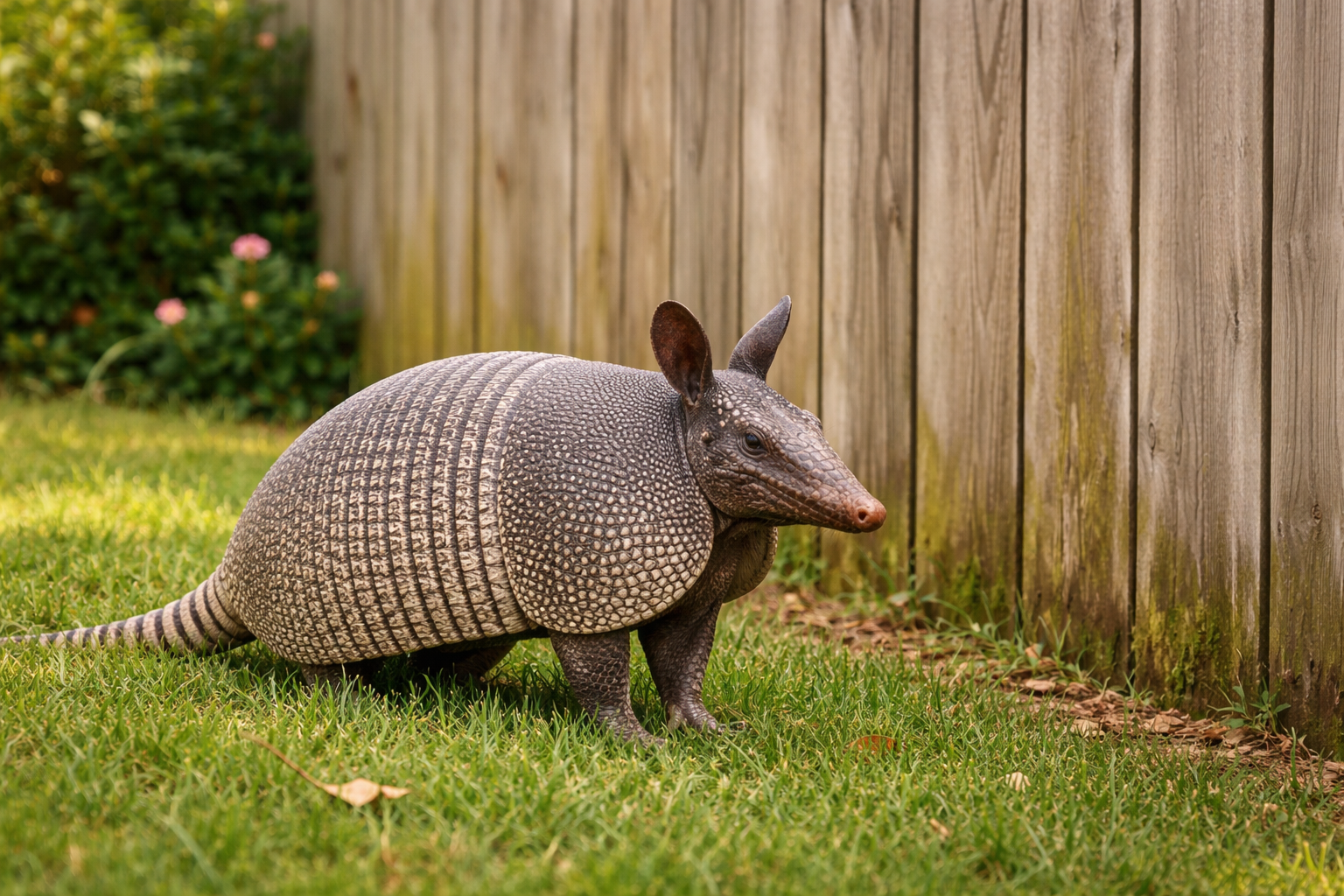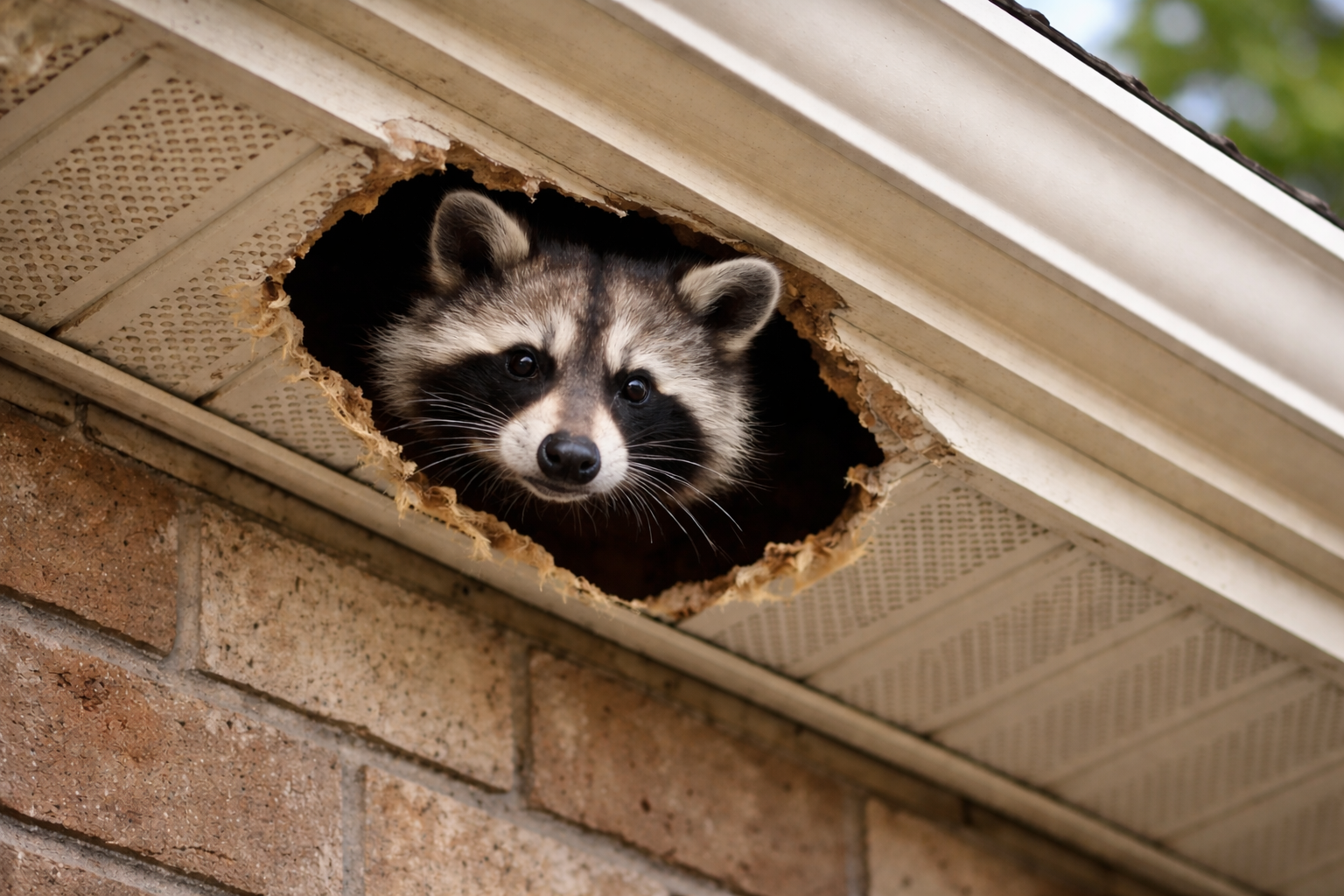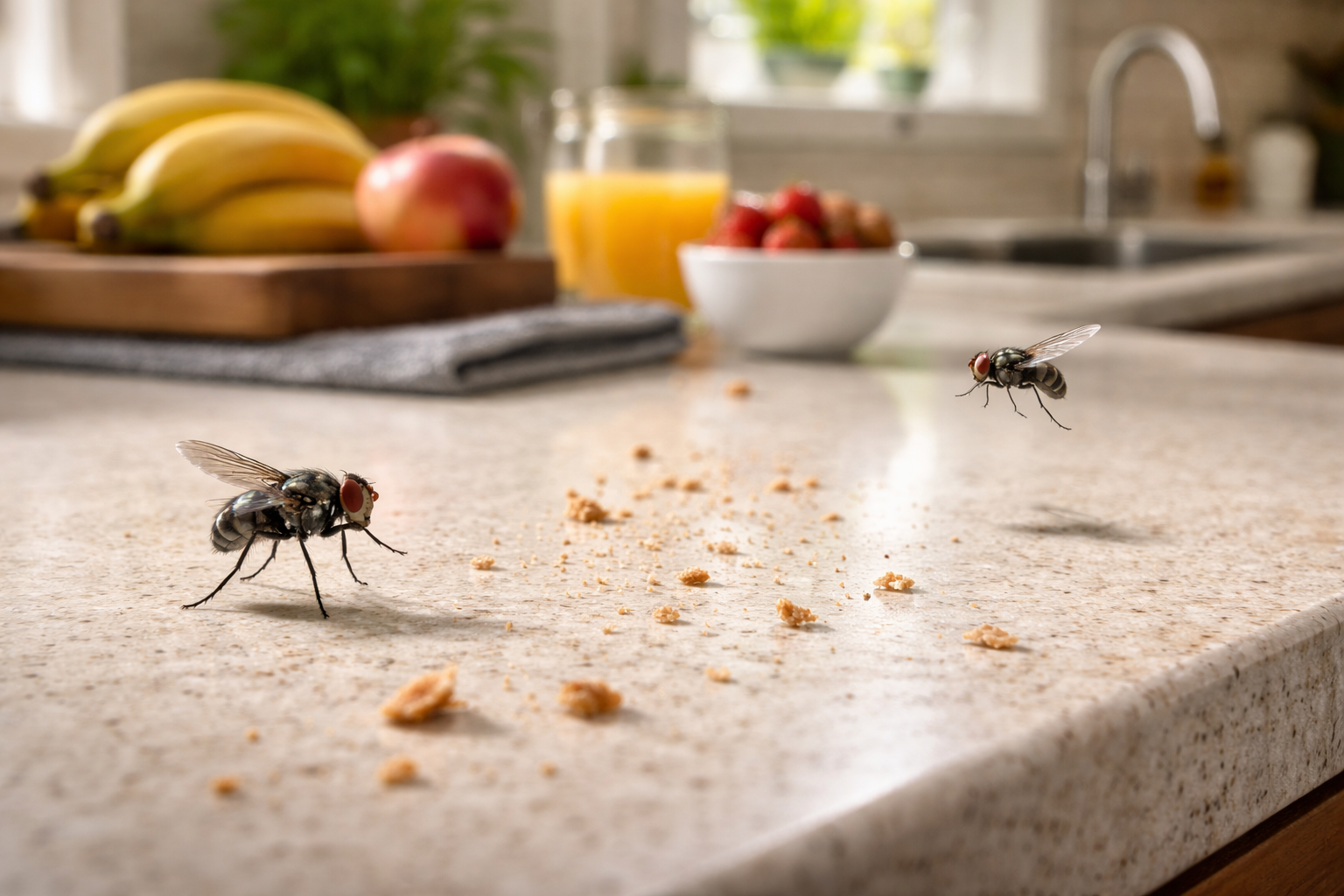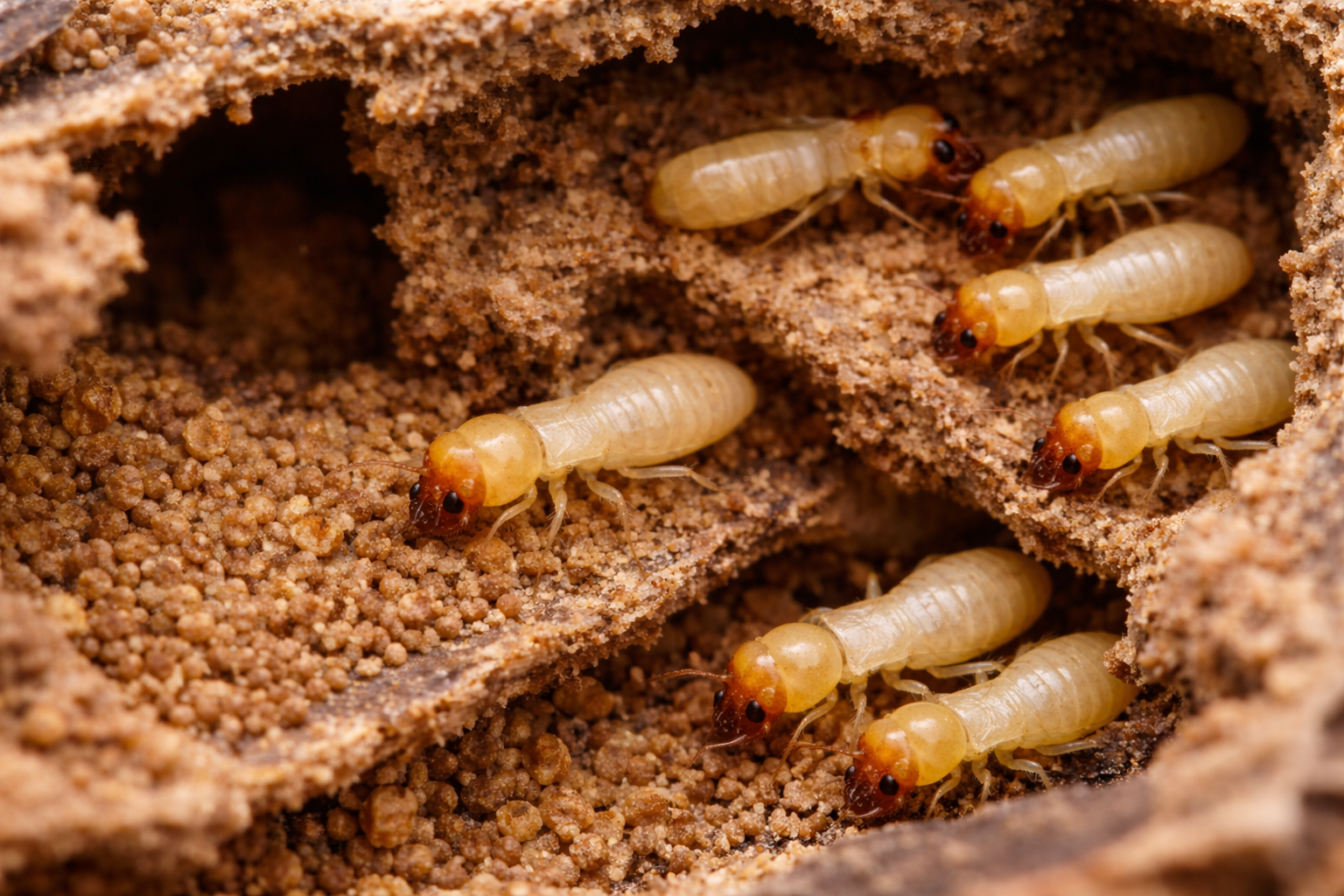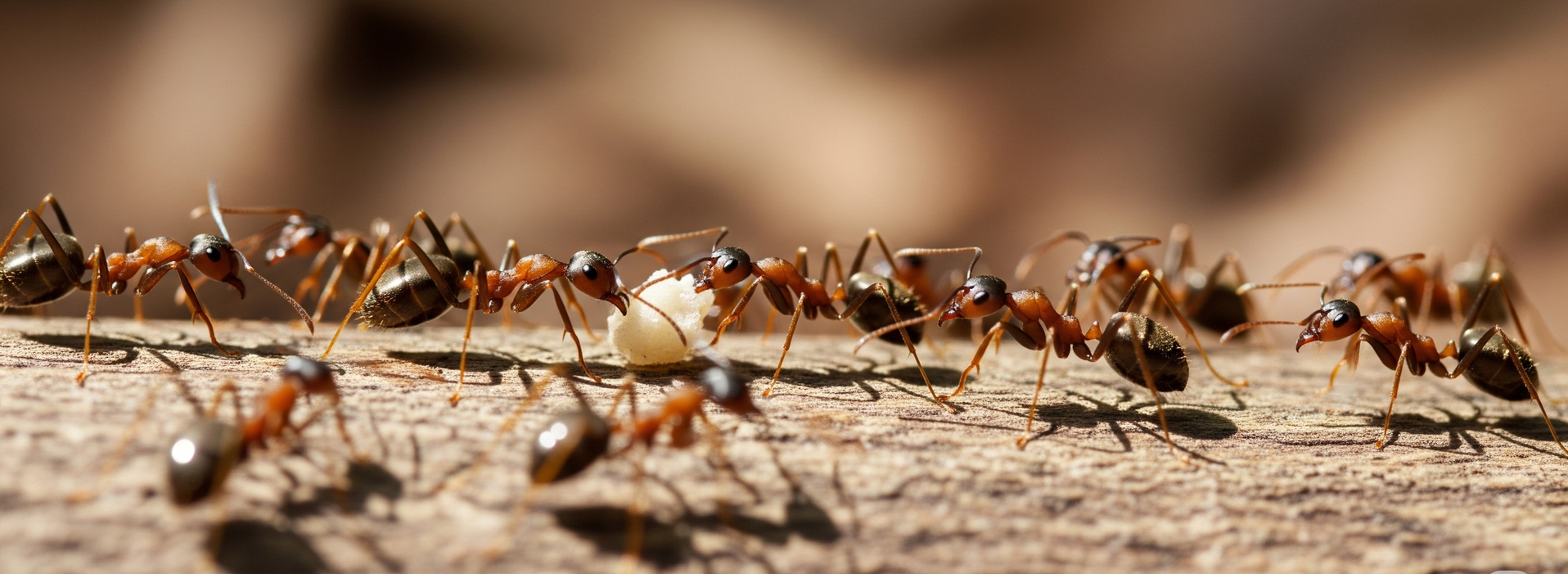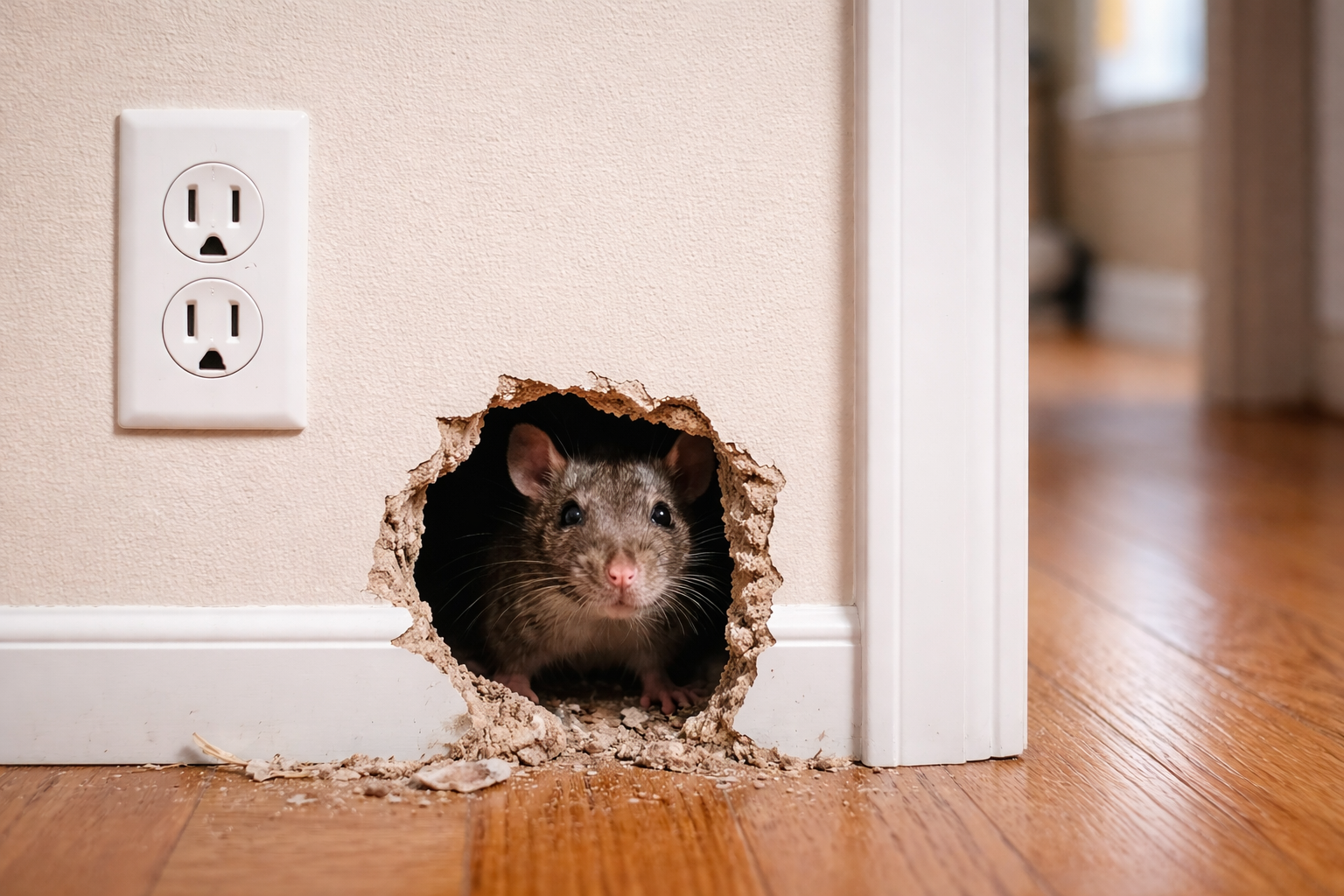Need Bee Removal? Maybe. This is when you do and this is when you don’t.
Yeah, sounds oxymoronic, doesn’t it, after all, you have a lovely colony of honey bees in your house soffit, or wall, or even a tree in your yard. Call a beekeeper, they’ve got to want my bees, and are the experts, right?
Well, hold your horses, pardner…Things are changing here in Florida and it’s not as simple as you might think, so here are some reasons to reconsider.
1. Killer Bees: Over 70% of feral honey bees in Florida possess African genetics. African bees were introduced into Florida several years ago, probably through our seaports via coastal island freighters, quickly taking up residence in the port cities of Tampa, Miami and Ft. Lauderdale. Yeah, Killer Bees are spreading throughout the state, and because of a very defensive nature, the state Apiary inspection office has deemed it illegal to keep African bees in Florida. These bees can cause very significant stinging incidents leading to fatalities…it’s serious stuff, folks!
2. The bees are OK: I know this is hard to wrap your head around, but it’s true…Honey bees are doing just fine, and actually exploding in numbers. (here in sunny Florida, anyway). See #1. The African Honey Bee is largely immune to pests plaguing our managed honey bee. Estimated colony increases are 2-800% above European honey bee colony numbers, per area.
3. Consumer Protections: Beekeepers are not certified or licensed. Billy-Bob Beekeeper may have started beekeeping yesterday, and claims that he is an experienced beekeeper. He screws things up, causing damage to your house, and the bees are still there. What regulatory office do you call to file a complaint or request an inspector to help you out? That’s right, you are on your own, because all it takes to become a registered beekeeper is $10 and a heartbeat, and I’m not so sure about the cardiac part!
Experienced beekeepers; those that are in beekeeping for a living and not just a weekend hobby, do not perform live removals, as it’s too risky for them—the liability risk is too high & the recovered bees almost always don’t work well in commercial apiaries. The disease risk is too great or the bees just don’t perform well.
4. Insurance: I don’t need stinkin’ Insurance…..Beekeepers do not have Insurance. Well, Billy-Bob Beekeeper MIGHT have livestock insurance for his beehives, but you know that wouldn’t cover damages to your house when he cuts through the water supply and your Persian wool carpet is ruined. Nor does he have Workmen’s Compensation insurance, so you are holding his medical bills when he falls off the slippery, honey-soaked ladder and breaks his collar bone, and is put on permanent disability. Think this doesn’t happen??? um, yeah, right…..
5. And the Experts say what? : The State of Florida’s Apiary Inspection office is recommending AGAINST LIVE BEE REMOVALS and recommends ERADICATION of feral honey bee colonies located near humans or animals. See #1.
6. And this Expert agrees too : The University of Florida’s Apiary Entomologist is recommending AGAINST LIVE BEE REMOVALS, and recommends ERADICATION of feral honey bee colonies located near humans or animals. See #1. (sensing a trend yet, or do you want to continue…?)
7. The Law says. Florida State law requires anyone doing structural honey bee removal or eradication to carry pest control certification. See State Statutes, Ch 482. A licensed pest control operator that also is a registered beekeeper CAN perform live bee removals, and we DO perform live bee removals, but we are very selective, because of the following…
8. The untold truth about live bee removals : Most live removals are unsuccessful; Most relocated colonies suffer mortality within the first 90 days. Try as we might, they just don’t take. The transfer can be difficult and provides an opportunity for pests and diseases to take hold. Or some colonies just insist on leaving our hive boxes. 20% survival is an optimistic figure for the long-term survival of the colony genetics.
9. Economically speaking: It’s just not worth it: Bees that are not kept by beekeepers are considered feral. I like to call them ‘ Mutts’, as we have no clue whether they will exhibit behaviors that are beneficial for beekeeping, including gentleness, honey production, disease resistance, swarming rates, and many other factors. Also, add the high rate of transmissible disease that feral bees have, these are diseases that can wipe out an entire apiary!.
I frequently buy starter colonies of “thoroughbreds” from bee breeders for about $75.00.. These are bees that I can count on being good and safe for my bee yards. I figure the mutt bees are worth at most $15 ($75 X a 20% success rate). Live bee removals can take several hours, working in hot bee suits and in very hot Florida temps…How long will YOU work for a possible $15, while extending risk if the mutt bees sting someone, or you are sued for damages caused?
10. You’ve worked hard for your assets : Sting risk liability. Combine the above considerations, and property owners, managers are placing their assets at significant risk. Bees don’t like us relocating them somewhere else. We in the bee removal industry, are used to taking stings, but all it takes, is one errant sting to your allergic neighbor, or passerby on the sidewalk across your street and POW, instant lawsuit. Do you think the jury will have compassion when you were hiring unlicensed providers, against the recommendations of the state regulators and University apiary entomologists. Didn’t think so either…
In Closing: Listen, we are experts at this, and we will perform live bee removals properly, but there are considerations. We came into this the right way. University of Florida entomology education, providing extension education to Florida’s first responders and citizens, created the State African Bee education program, hold certifications and proper insurances and are considered leaders in this industry. We also are enthusiastic supporters of beekeeping in Florida. Call or email us. We’ll solve your bee problems, correctly and economically, and you can have confidence that you can stay bee-free!
If you have a pest or bee problem, schedule an in-home evaluation. There’s no charge. Learn more at home evaluation. Or call 800-343-5317.
Richard Martyniak, M.Sc., Entomologist | Jonathan Simkins, B.Sc., Entomologist
Insect IQ | 800-343-5317



